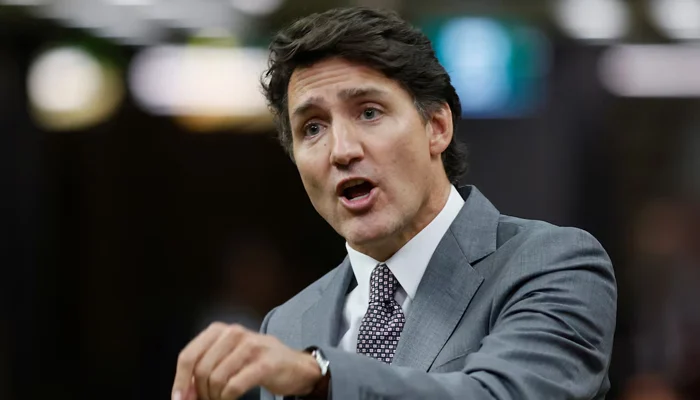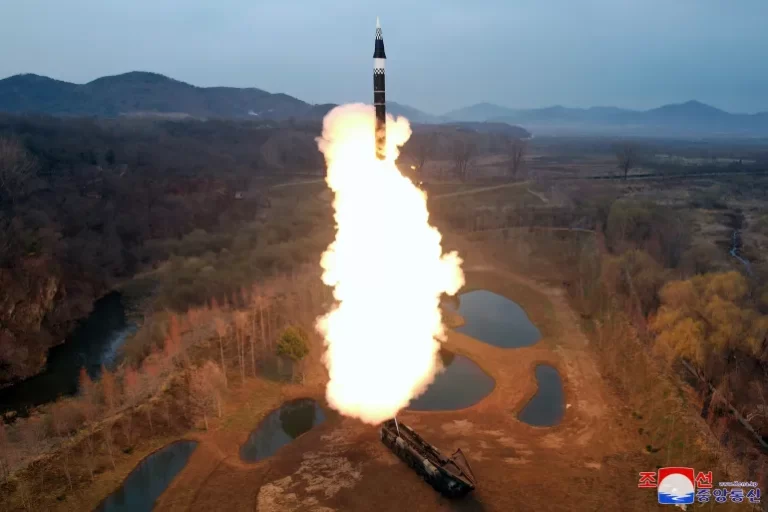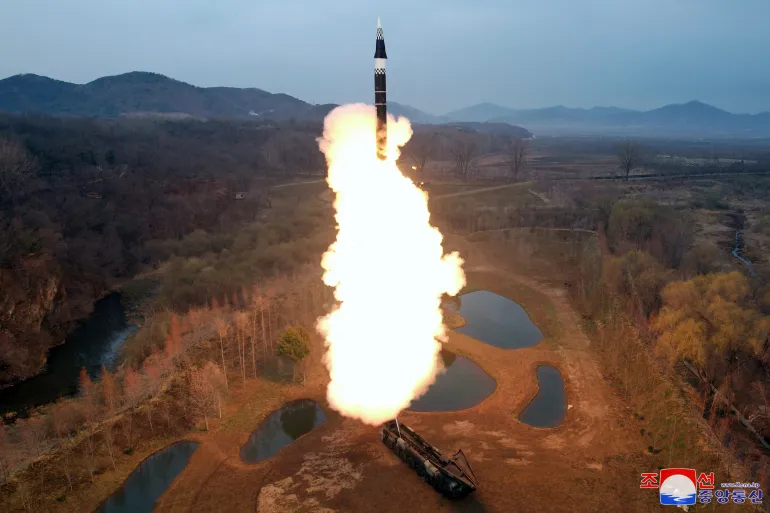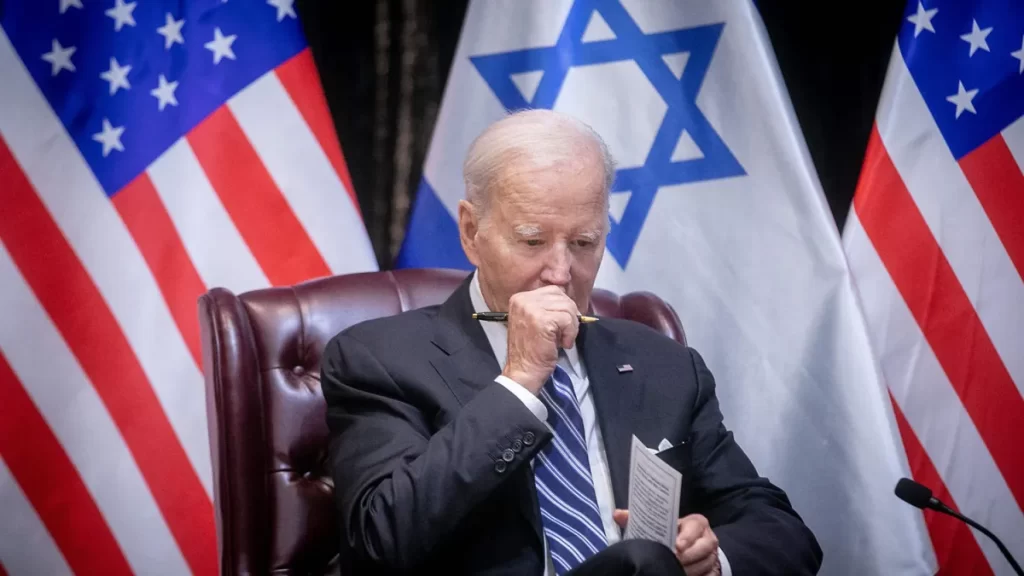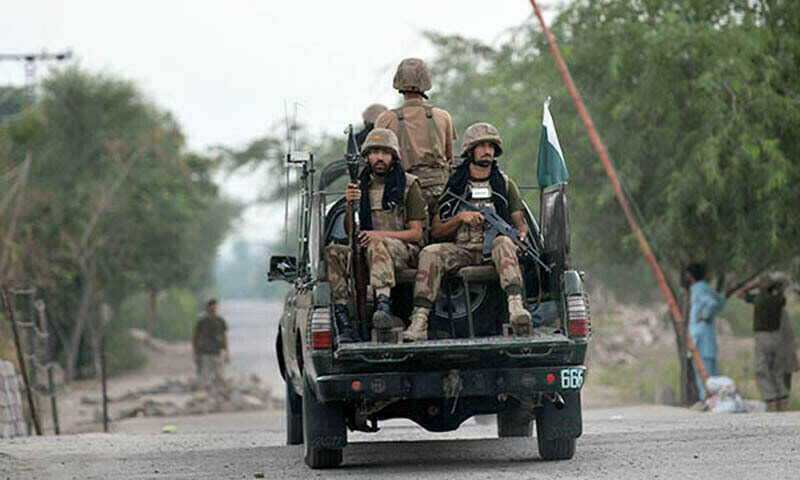In December 2024, Pakistan’s military courts sentenced numerous civilians to prison terms ranging from two to ten years. These sentences were issued for participation in protests following the arrest of former Prime Minister Imran Khan in May 2023. This judicial action has drawn sharp criticism from the United States, United Kingdom, and European Union. These entities express concerns over transparency and due process in these military trials, citing human rights violations as a primary concern.
Human Rights Violations
Human rights organizations condemned the sentencing as a violation of fundamental rights, citing lack of transparency and potential coercion. The expedited nature of these trials and limited access to legal representation raised serious concerns about the fairness of the verdicts, further escalating concerns about human rights violations in Pakistan’s legal processes.
Political Repression Allegations
Supporters of Imran Khan allege that military court proceedings aim to suppress dissent and weaken the opposition. They argue the government’s reliance on military courts for civilian cases reflects a weakening of democratic principles and attempts to intimidate adversaries.
Erosion of Democratic Norms
Trying civilians in military courts marks a troubling departure from democratic norms. This practice raises alarms about the separation of powers and judicial independence in Pakistan. It undermines civilian courts and sets a dangerous precedent for handling dissent.
Strained International Relations
The international community’s condemnation of Pakistan’s actions has strained diplomatic relations. This may impact foreign aid, trade agreements, and geopolitical alliances. The U.S., UK, and EU’s unified stance places Pakistan under pressure to adhere to human rights standards.
Domestic Unrest
Domestically, these actions have heightened tensions, leading to public protests and a growing sense of disenfranchisement. Judicial overreach and political repression perceptions deepen societal divisions and erode trust in government institutions.
Calls for Judicial Reforms
In response to the global outcry, calls for comprehensive judicial reforms are increasing. Advocates urge the government to restore civilian court independence, ensure fair trials, and end the use of military tribunals for civilians.
Potential Sanctions
Continued use of military courts for civilians may prompt international sanctions or punitive measures against Pakistan. Consequently, these actions could result in significant economic and political consequences, isolating the country further.
Political Dialogue
Addressing tensions requires constructive political dialogue between the government and opposition parties. Moreover, open discussions could restore democratic norms, promote reconciliation, and prevent further civil unrest.
In conclusion, Pakistan’s military courts sentencing civilians have sparked global condemnation, highlighting concerns over human rights violations and democratic erosion. Urgent judicial reforms, diplomatic engagement, and political dialogue are essential to uphold the rule of law and restore public confidence in governance.


